We first met Denzo Nyathi (given name Denzel, like the movie star) when he took us on a walkabout of INDEX at RMB Latitudes earlier this year (May 2024) – a riveting showcase of independent artists. Warm and engaging, his insights were fresh, and we immediately earmarked him as a creative person of interest in Joburg.
Nyathi views the world through the lens of human interaction. As an artist, designer, writer, and curator, his philosophy is centred on the social nature of human beings, recognising that everything we do happens within the context of a society. Nyathi's creative output has taken many forms, from curating exhibitions to writing for magazines, yet it's all informed by the same pivotal question: "What is the golden thread with which all these possibly unrelated works are bound?"
A recent chance to seek out this golden thread saw Nyathi as co-curator of the group exhibition Steelwool and Other Paradoxes at Latitudes Centre for the Arts (Wed, Aug 7 – Sun, Oct 6, 2024). As a curator, Nyathi weaves together different parts of a whole to form a narrative that tells the story of the people who created it and the places they came from. His passion for art in all its forms shows and, in his words, as does his "admiration for the ways art shines a light on the kaleidoscope of our soul".
We spoke to the multifaceted creative about his passion for art, the importance of community, and why his love for Joburg is unshakable.
"There [are] a lot of people who worry about Joburg being quite cold and vicious. I have only experienced such a wealth of community; you just have to be open to it!"
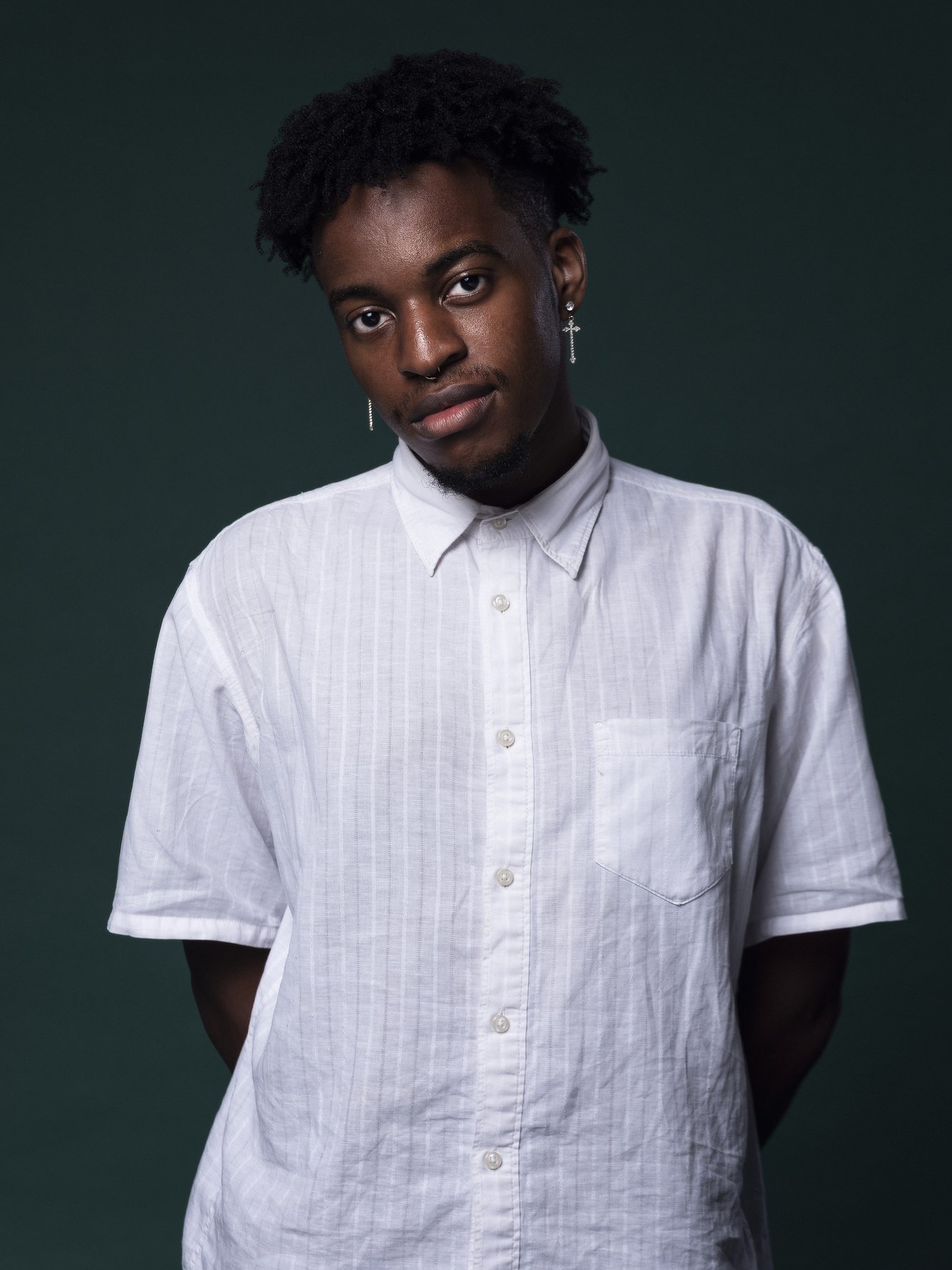
Who is Denzel Nyathi?
I prefer to just go by Denzo. I am a Johannesburg-based curator concerned with developing a curatorial practice and body of work that reflects on our lives as social beings, and investigates the place of intimacy and loneliness in that respect. This curatorial journey was shaped by my Master of Art (in Contemporary Curatorial Practice) at Wits. Before the curatorial journey, I had worked as an arts journalist for a number of publications such as Bubblegum Club, Mail & Guardian, and Something We Africans Got.
"There's something pre-emptively nostalgic about my relationship with art... My heart literally swells with joy to think that in a few decades, our artworks and exhibitions will be these traces of our concerns of yesteryear."
Having studied communication design at Rhodes University, are you surprised by where you've landed?
In some ways, the greatest surprise was that I ever thought any other path would be mine. For years, I skirted around my relationship with art. I would design with museum publications in mind. I would write, always looking for the artful qualities of life. Evidently, in retrospect, the arts always called me, tugging at our invisible tether for years. No less, I love the whole journey that brought me to curating and the tribe I am forming.
What do you love about art, and the local South African art scene in particular?
I love the way art acts as a snapshot into our lives, as we navigate them each day. Every artistic offering exists in the beautiful and ugly context of South Africa (or wherever you are), and can be looked back at in 150 years as an indication of our social, political, artistic, sartorial, physical – what have you – landscape. There's something pre-emptively nostalgic about my relationship with art in that sense. My heart literally swells with joy to think that in a few decades, our artworks and exhibitions will be these traces of our concerns of yesteryear. The youth of the South African art scene in particular just [have] so much to be reactive to, given where we found ourselves.
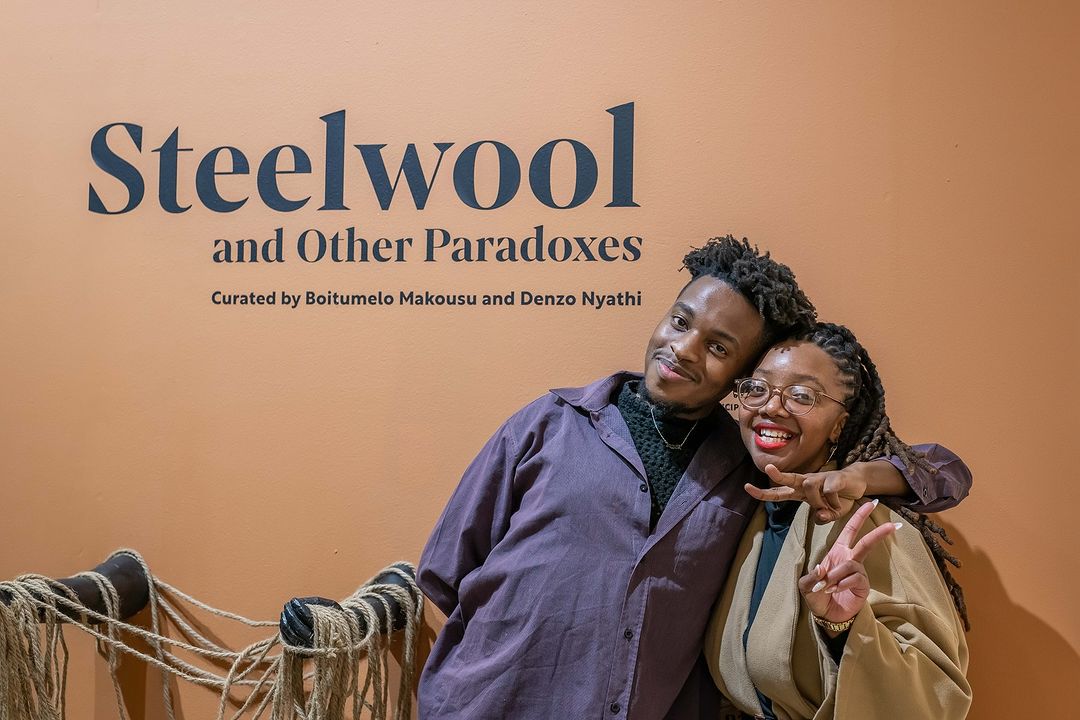
What's rewarding for you about engaging with art from a curatorial perspective?
I think of curating as being in this very privileged position where it is my job to listen and imagine. I get to make studio visits and understand a small portion of the world artists build for themselves, with listening and understanding being a key component in my curatorial practice. Then, I get to do the imaginative work of weaving together the seemingly unconnected. It is so rewarding to be able to physically shape the space around me to construct a narrative with these artists who trust me to contextualise their work, and an art audience [that is] willing to immerse themselves in that newly constructed world.
You ask a lot of questions in your work. Why do you choose this open-ended approach as a curator, as opposed to beginning with a more concrete idea?
I love this question! I learned very quickly in my curatorial journey that as much as I consider myself a very conceptually inclined individual and I might have a cool concept to start with, conversation with other people always unearths something all the more rich. I allow my curatorial vision to be malleable to those who extend themselves (through their work) to me. I allow conversations and revelations to determine the exhibition layout. I think when you and the artists you're engaging with really trust and respect each other, no matter how long or short the period of engagement is, you both leave creatively imprinted by the other. Isn't that amazing?
"I'm always blown away by imports from a certain city complaining about there being nothing to do in Johannesburg (when what they really mean is that there's no beach). Johannesburg is so deeply rich with cultural activity."
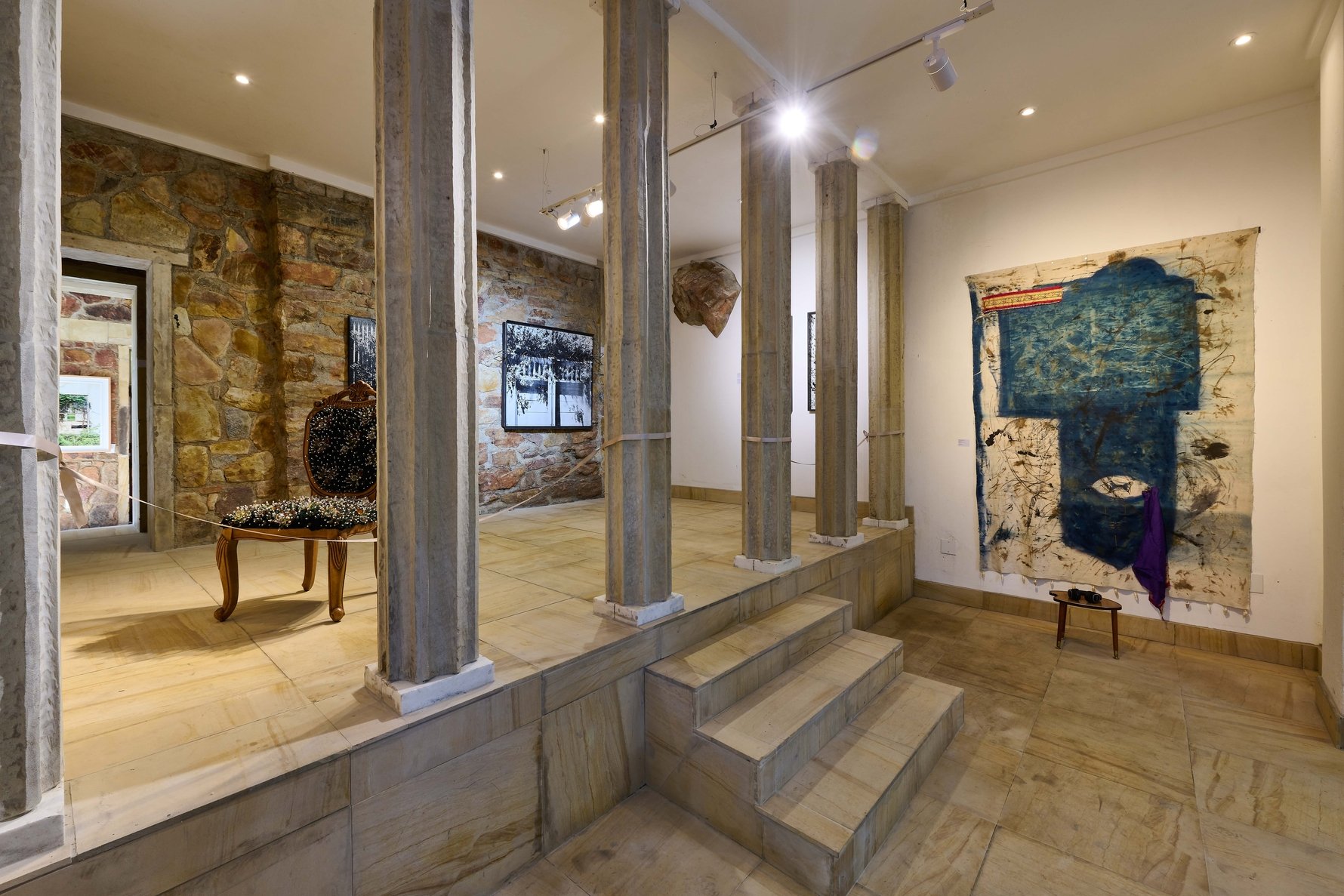
You curated the INDEX showcase at RMB Latitudes 2023, exploring the notion of an "independent artist". What came to light for you through this process?
The idea of independence is a particularly elusive one in our local context. Africa – by and large – has always been a continent which believes in community, and that trickles into our art context. Most of the artists featured in this year's INDEX exhibition (The Orchid and The Wasp: Thin Lines of Becoming) belonged to a collective of some sort. Their creative practice was spurred on by the material, fiscal, and/or intellectual support of their artistic community. I found that at different points, an independent artist shifts between standing on their own, and representing a collective effort. What I never found – not even once – was the fallacy of the self-made individual. The artists and I engaged in a process which was very reflective of the contexts we belong to, and how that influences our works.
The social nature of humans is one of your most closely held philosophies. How does this shape your approach to work and life?
I've yet to curate a solo exhibition. However, even when I eventually do, I will never lose sight of the importance of sociality; curating is an artistic extension of sociality. There's nothing for me to curate without the artist. Even between the artists and I, my view is that all of the work is tied together by inviting people to engage with our work in bringing together an exhibition. I often find myself very excited by thinking of the 'foot logic' of an exhibition, i.e. what it will feel like for someone walking through the exhibition to walk from one room into another and be confronted by one work and then another (and the meaning of that sequence). At all times, when curating, I am thinking of myself, the artist(s), and our public. It makes for quite a dynamic thought exercise, being constantly aware of all these parties. Having an outlet to talk through these things in the form of loved ones and collaborators is the only way I don't go crazy. Huge shoutout to the people who stay on the phone with me as I inevitably have to distill convoluted ideas into neat exhibition text!
"I learned very quickly in my curatorial journey that as much as I consider myself a very conceptually inclined individual and I might have a cool concept to start with, conversation with other people always unearths something all the more rich."
More recently, you co-curated the Latitudes Centre for the Arts' current group show Steelwool and Other Paradoxes. Tell us about a few of the stand-out works and how they speak to you.
It has been such an amazing journey co-curating this exhibition, from the first pitch of the idea to the first steps to walk through Latitudes Centre for the Arts' dramatic doors at the opening! Along the way, I was touched by so many works. To name a few, I am always taken aback by Olosa collective's Phutha Lichaba. Their ability to compose hardness and softness (by use of clay and sheep's wool) reflects beautifully the complex states of being this exhibition recognises women as existing in. Additionally, Tinyiko Makwakwa's Textile Totems are so rich in information, while being so soft on the eyes. To think that Makwakwa has mastered the art of extracting natural materials from the earth to create her own pigments gives you an appreciation of the artist, the work, and the earth itself. And finally, Olwethu De Vos' The Absence of Serenity is just the sweetest treat for someone who appreciates imaginative but technically strong approaches to figuration.
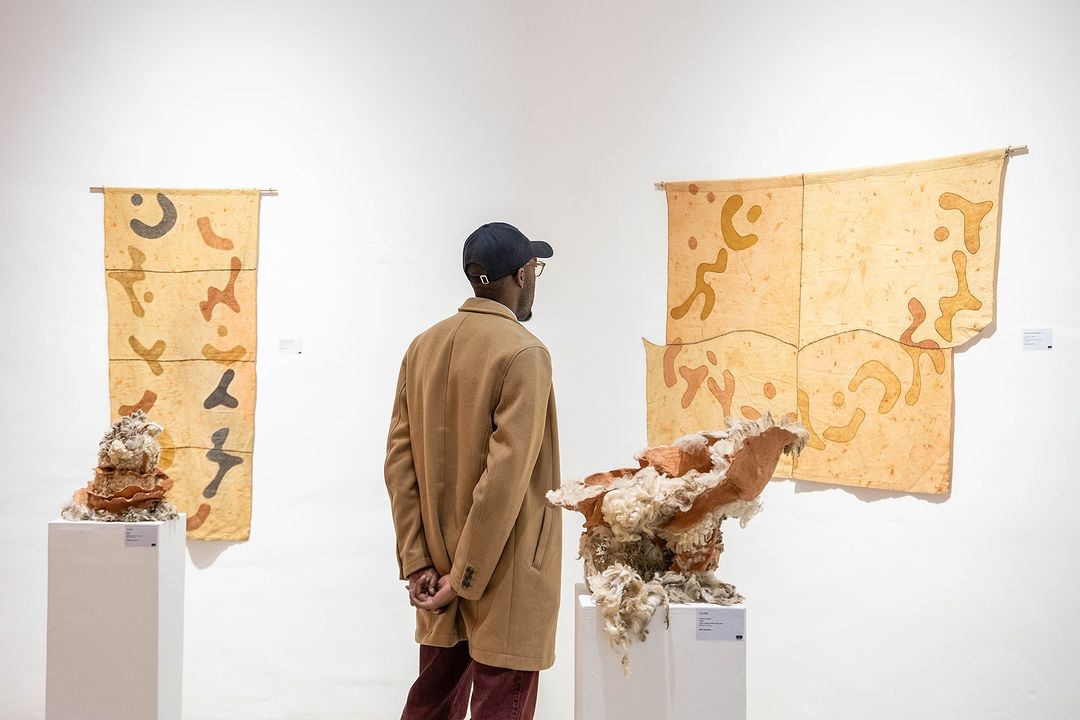
If you could stage an exhibition anywhere in Joburg outside of the gallery walls, where would it be?
Funnily enough, my Master's exhibition was on the 21st floor of University Corner, right in the heart of Braam. It was an amazing experience because the exhibition was premised on Johannesburg itself and there was this 360° glass that allowed you to look over the entire city. I would love to do more stuff like that; a dream location would be a very conceptual exhibition that takes place in Joburg Theatre, both on stage and behind stage.
Home is...
Where your favorite fresh grocer is!
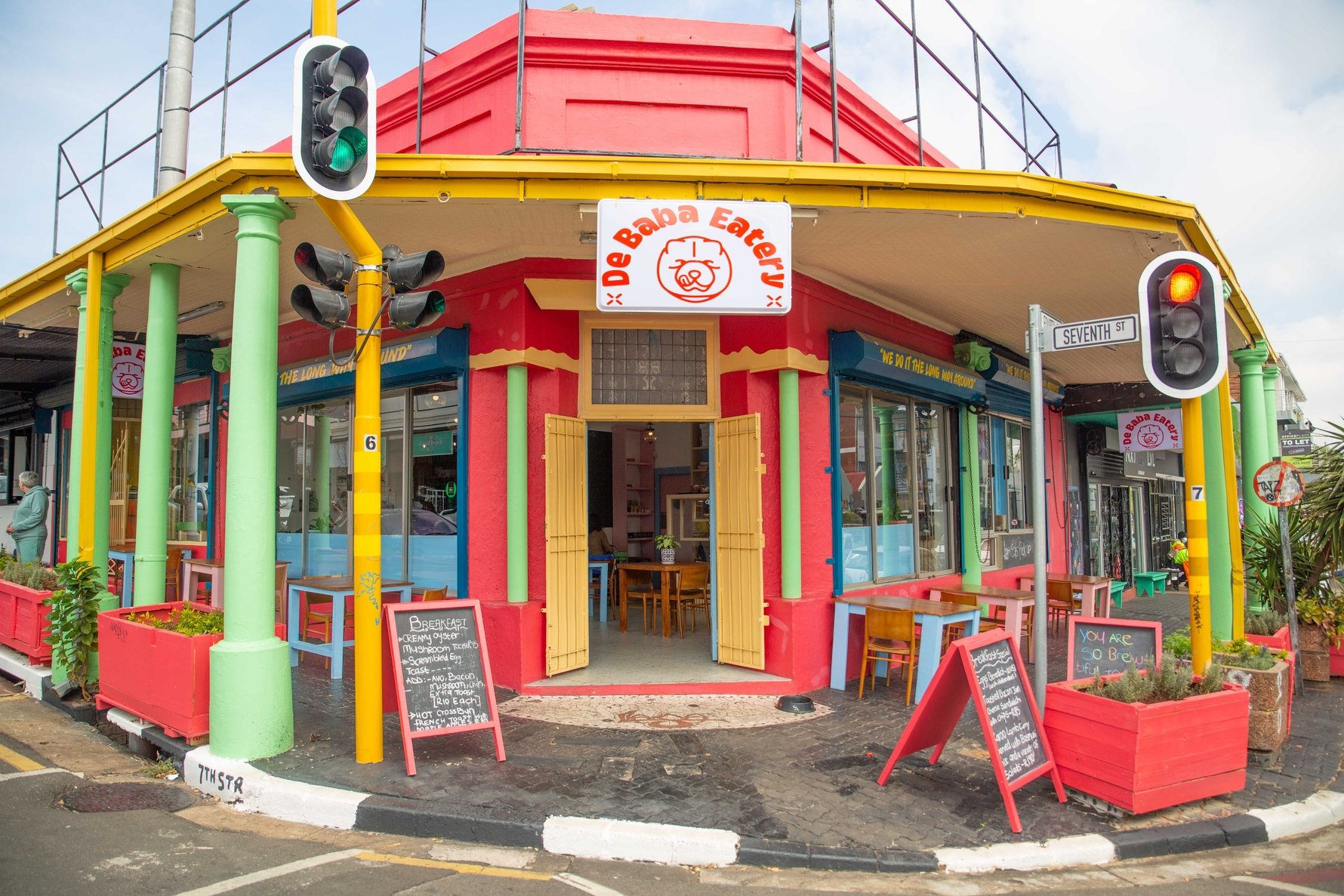
Your favourite Joburg suburb, and why do you choose it?
Melville, you will always have my heart. I used to live in Melville not too long ago, and the suburb, for a walkable city advocate like myself, is utopian. Places of worship, thrift stores, places for a little drink and bite are all within walking distance. Not too far either are major business districts and not one but two institutions of higher learning. Melville carries all the charm of old Johannesburg, and has recently done so much to improve itself when people in high places have wanted to give up on it. As I said, Melville will always have my heart.
What three things should a visitor not leave Joburg without seeing or experiencing?
Visiting Latitudes Centre for the Arts, going to And Club [in Newtown] for a guaranteed transcendental musical experience, and visiting Walter Sisulu Botanical Gardens for a picnic at the waterfall (always support public parks!).
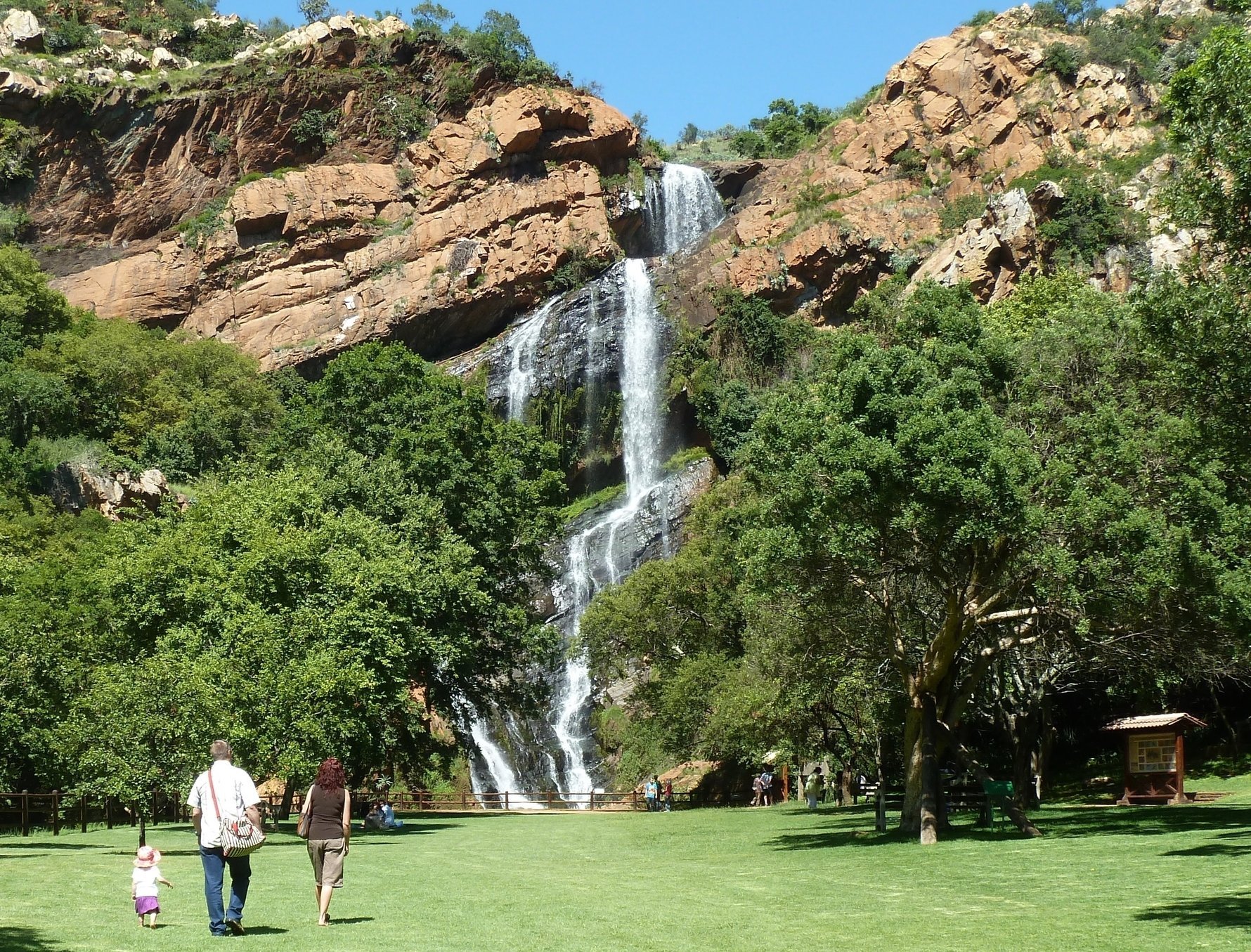
What is a surprising thing people might learn about Joburg by having a conversation with you?
I would hope it's not surprising, but there [are] a lot of people who worry about Joburg being quite cold and vicious. I have only experienced such a wealth of community; you just have to be open to it!
One song on your Joburg soundtrack that either is about Joburg or makes you think about this city?
Supercut by Lorde.
The most memorable meal you have eaten in Joburg?
I am quite literally addicted to the beef pasta at Picobella in Melville.
If you were Joburg's mayor for one day (average tenure), what would you change?
I'm gonna make a lot of people upset with this answer, but I am removing all the loud car exhausts. Noise pollution grates me; I would rather not hear your revs.
Favourite Joburg label, and why?
Thebe Magugu. If you have any interest in exploring the dynamic between history and contemporary South Africa through creative practice, no one is doing it as thoughtfully as Thebe Magugu. I'm super excited by Magugu House's existence and would love for them to continue to create interesting dialogue between arts and the sartorial.
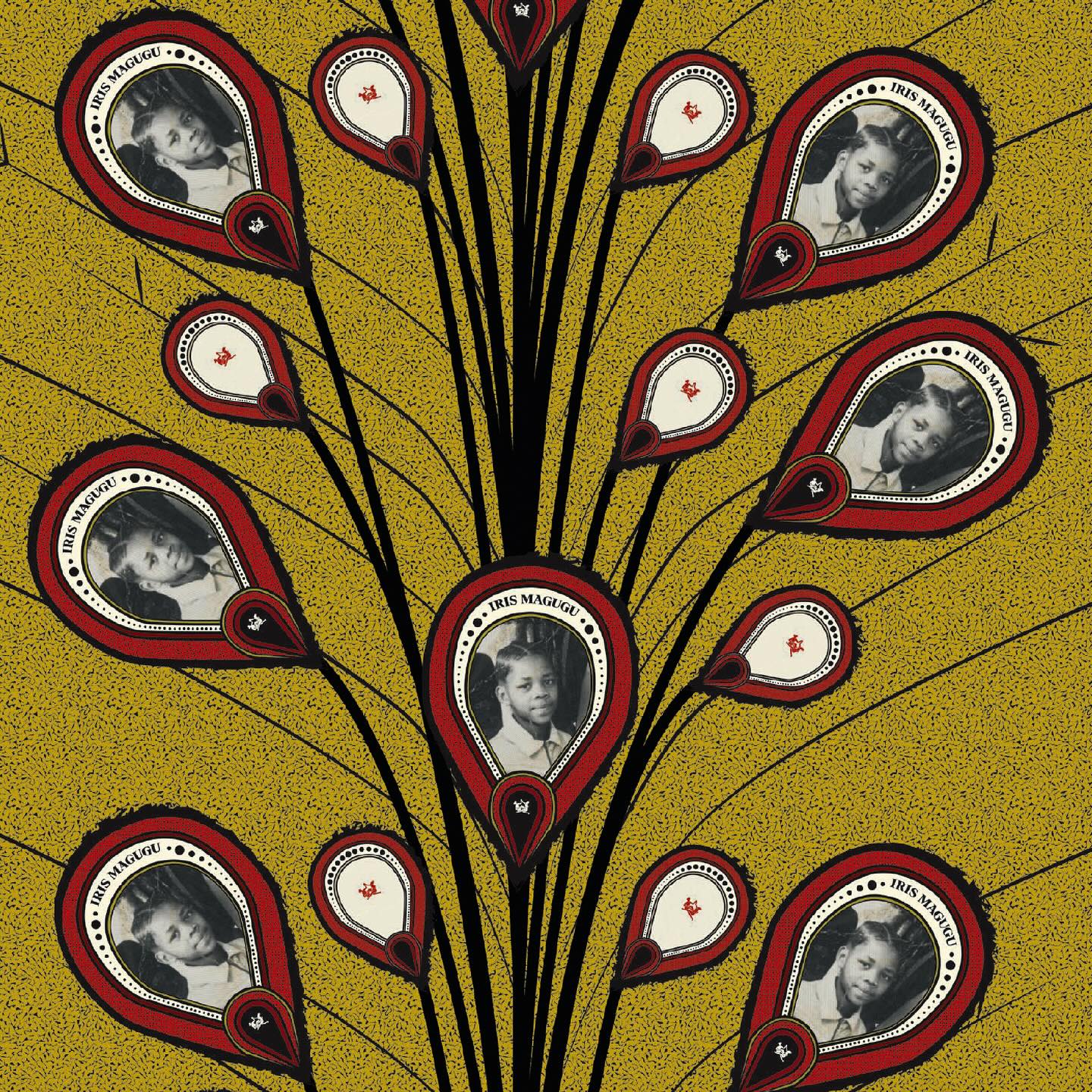
What makes someone a Joburger?
Pleading for one extra person to fit in your UberX than is allowed.
What do you love most about Joburg?
I'm always blown away by imports from a certain city complaining about there being nothing to do in Johannesburg (when what they really mean is that there's no beach). Johannesburg is so deeply rich with cultural activity. I often joke about wishing I could be expelled to a less interesting city, because there's always so much going on every week (and increasingly on the tail end of the weekdays, which is hilarious). I would also love to give a big shoutout to our thriving queer culture here. Of course, no place in the world is yet to be 100% safe for queer people, but I love that we have carved out such vibrant spaces for ourselves.
What do you least like about Joburg?
The Gautrain should go more 'Gau' than just town, the nothern suburbs, and Pretoria.
Your number one tip for a first-time visitor to Joburg?
People are really, really willing to make spontaneous plans and be invited out. If you are on the receiving end of one such spontaneous invite and you have a good feeling about it, go for it! Many a beautiful friendship and night has come from saying yes.
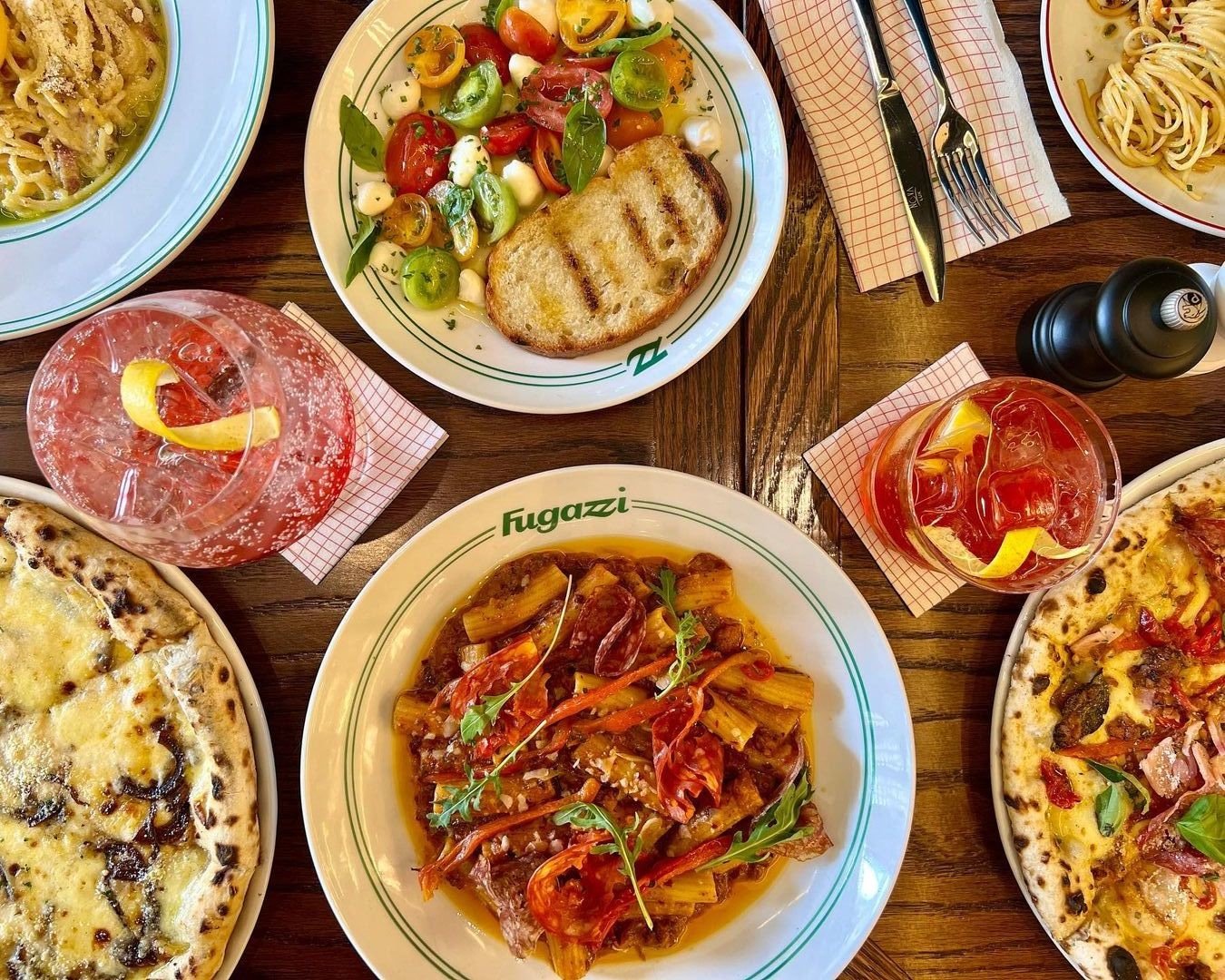
The perfect weekend in Joburg includes...
Takeout Chinese dinner on Friday night, bottomless mimosa brunch at Fugazzi on Saturday morning, gallerina hopping through the northern suburbs' exhibition openings, and a walk through your nearest park on Sunday afternoon.
Three words that describe this city...
Home of culture.
Check out some of our previous #MyJoburg interviews for more insights into the city:
#MyJoburg by ADAM 'The Glamour Clown', drag performer
#MyJoburg by Fred Khumalo
#MyJoburg with Boemo Diale, multidisciplinary artist


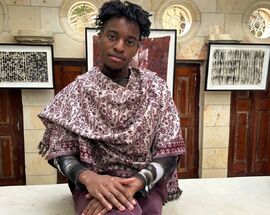
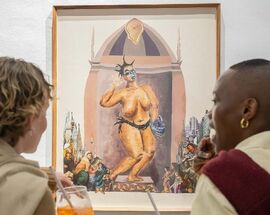
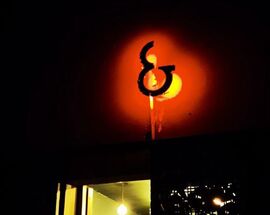


Comments